The Owen School can say that, too (all our students are talented high achievers), but we tend to not group people together. Each person is individual, unique and vital to the makeup of our student body.
To learn more about incoming students, Senior Associate Director of Admissions Suzanne Feinstein, EMBA’01, polled them on several questions (some fun, some serious), solicited photos and created a photo guide featuring the newest members of the Owen community. Feedback from fellow students, faculty and staff shows the directories were a hit.
Here are a few of this year’s first-year Owen students.

From: Carlisle, Pennsylvania
Educational background: Wofford College, Sociology
Who would you like to have coffee with?
Camille Leblanc-Bazinet (winner of the 2014 CrossFit Games)
What superpower would you choose?
The ability to fly
How do you relax?
Running, playing volleyball, hiking, anything active
The last good book you read?
I Like Giving by Brad Formsma
“I didn’t realize how tight-knit the group in Owen would become. During my first week I was pleasantly surprised with how welcoming everyone was and I realized I was lucky to be a part of such a great program with a great group of people.”
Krystal Foxworth | MBA | Class of 2017
From: Pontiac, Michigan
Educational background: Pepperdine University, Political Science
Interest area: Human and organizational performance
Who would you like to have coffee with?
Ursula Burns (CEO, Xerox)
What superpower would you choose?
Time travel
How do you relax?
Dancing
The last good book you read?
The Athena Doctrine by John Gerzema
“I was drawn to Owen because of the interactions I had with the admissions team and staff during my visits. They are diligent in cultivating an environment that makes others feel welcome, and this is reflected in the student body.”
From: Nashville, Tennessee
Current job: I’m a consultant with Towers Watson, focused on global compensation issues for Fortune 500 companies.
Educational background: Washington & Lee University, Sociology
M.Ed. Counseling, Vanderbilt University Peabody College of education and human development
Who would you like to have coffee with?
Jimmy Carter
What superpower would you choose?
Flying
How do you relax?
Hiking
The last good book you read?
Deep Down Dark: The Untold Stories of 33 Men Buried in a Chilean Mine, and the Miracle That Set Them Free by Héctor Tobar
“My hope is to improve my broader business acumen. I plan to stay in consulting after I complete the program, but having a deeper business foundation of economics, finance and strategy will enable me to be a better partner with my clients.”
Andrea Gomirato | Americas MBA for Executives | Class of 2017
From: Alexandria, Virginia
Current job: Long Guns Team Lead at Beretta
Educational background: University of Padua in Italy, Aerospace Engineering (bachelor’s and master’s)
Who would you like to have coffee with?
Richard Branson (founder of Virgin)
What superpower would you choose?
Flight
How do you relax?
Mainly playing basketball
The last good book you read?
The Kite Runner by Khaled Hosseini
“Basketball is very physical and it allows the release of any tension. Everything moves so fast, you don’t have a lot of time to think. It’s also an amazing team sport, and as such, it’s a metaphor of what work should be: playing as part of a team to reach a common goal.”
From: Owens Crossroads, Alabama
Current job: Director of Surgery at Huntsville Hospital
Educational background: University of North Alabama, Nursing
Who would you like to have coffee with?
Edward Smith (captain of the Titanic)
What superpower would you choose?
Either traveling in time or the ability to heal. It would be interesting to see what the past was like and how the future will unfold.
How do you relax?
Relax? What’s that?
What was the last good book you read?
Gone Girl by Gillian Flynn
“I feel having this degree will help me assist my organization and be better prepared in adapting to all the rapid changes in health care. The flexible schedule offered by prestigious Vanderbilt, along with the fact it was only two hours away, made it a great fit for me.”
David Gibbs | MAcc Valuation | Class of 2016
From: Augusta, Georgia
Educational background: University of Georgia, Finance
Who would you like to have coffee with?
Ted Nugent
What superpower would you choose?
Be able to fly
How do you relax?
Golf, a cold beer, or both together
The last good book you read?
Golf Is Not a Game of Perfect by Dr. Bob Rotella
“Nashville always seems to have something going on. Being the Music City, there are always plenty of concerts to go to, but on top of that, there always seems to be other activities going on outside of music.”
From: Kingston, Jamaica
Educational background: Emory University, Goizueta Business School, Marketing
Interest area: Health care
Who would you like to have coffee with?
Anthony Bourdain
What superpower would you choose?
Time travel
How do you relax?
Going to the beach/pool
The last good book you read?
The Pearl That Broke Its Shell by Nadia Hashimi
“I was surprised by how invested the administration at Owen is in my personal development. Although I came to Owen partly because of the small class size, I did not expect the one-on-one attention that we receive. It is truly impressive that we are able to interact at such a high level with key administrative leaders.”
Shaun Mansour | MD/MBA | Class of 2017
From: Los Angeles, California
Educational background: Harvard University, Biology
Interest area: Health care
Who would you like to have coffee with?
Jesus or Muhammad
What superpower would you choose?
Animorph
How do you relax?
Pretend to animorph
The last good book you read ?
The Alchemist by Paulo Coelho
“I get the unique opportunity to see health care from the perspective of direct patient care, relationships at play and treatments people rely on while keeping the big picture in mind regarding the delivery of the best health care possible in America.”
From: Smyrna, Georgia
Current job: Associate Director, Revenue Management—Operations at Starwood Hotels & Resorts Worldwide
Educational background: My undergrad degree was a bachelor of science in hospitality and tourism management from Purdue University. Go Boilers!
Who would you like to have coffee with?
Ellen DeGeneres.
What superpower would you choose?
The ability to freeze time
How do you relax?
Spending time with my family. We love going to the pool, taking walks, going to the park or really doing anything outside.
The last good book you read: Dreamers and Deceivers by Glenn Beck (audiobook) and Lean In by Sheryl Sandberg
“I think an awesome superpower to have would be the ability to freeze time – not only because I feel like I’m incredibly busy all the time, but also because I’m at a very exciting time in my life. I have three beautiful young children who surprise me every day with what they are learning and doing. My career is on this amazing fast track at a company that is both innovative and growing. It would be wonderful to stop or at least slow down to fully absorb and appreciate the truly fortunate place I’m in.”
Connor Hamilton | MS Finance | Class of 2016
From: Burnham, England
Educational background: Fairleigh Dickinson University, Finance and Marketing
Who would you like to have coffee with?
Tiger Woods
What superpower would you choose?
Flying
How do you relax?
Playing with my niece
The last good book you read?
A Game of Thrones by George R.R. Martin
“I have been seriously impressed by the quality and variety of places to eat—the problem is that it’s causing me to eat out all the time, which is not helping the size of my wallet. Also, Owen has so many clubs to join and events to attend that there isn’t enough time in the day.”
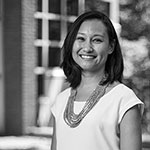










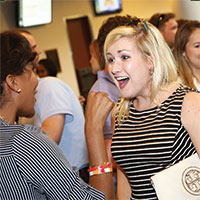
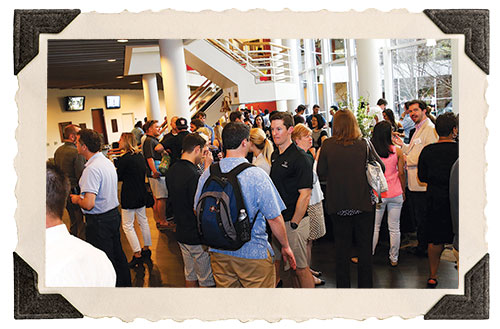
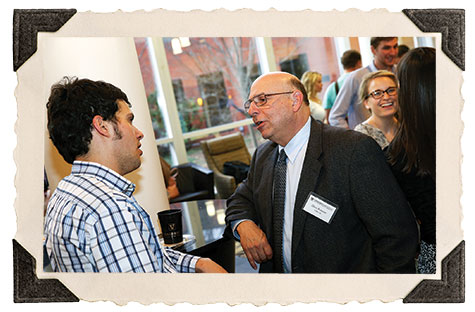
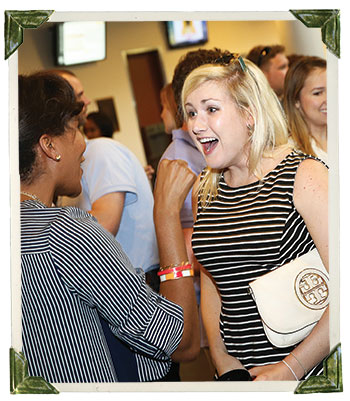
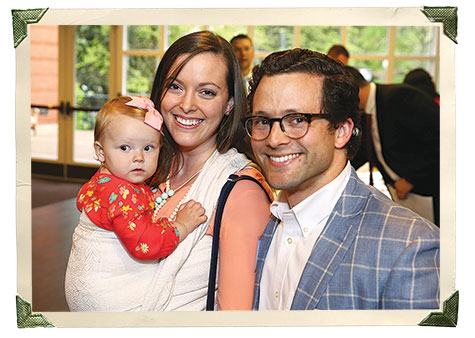

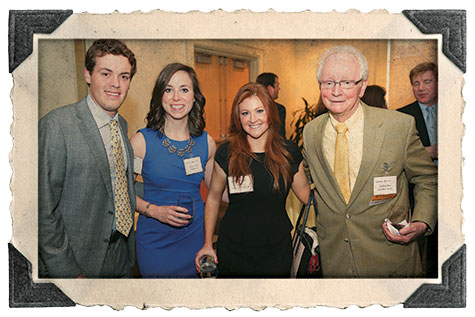
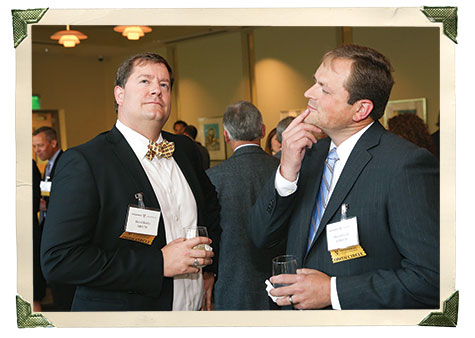
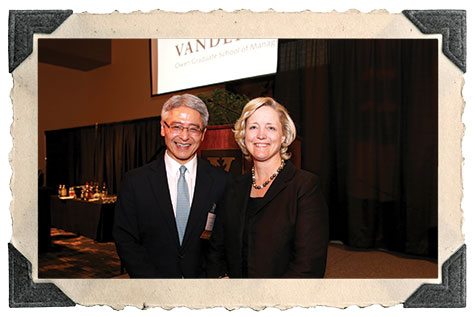
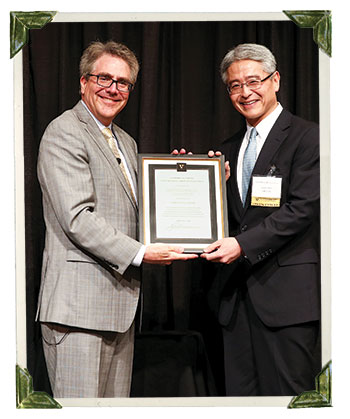


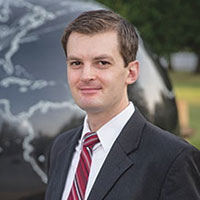









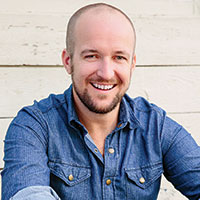




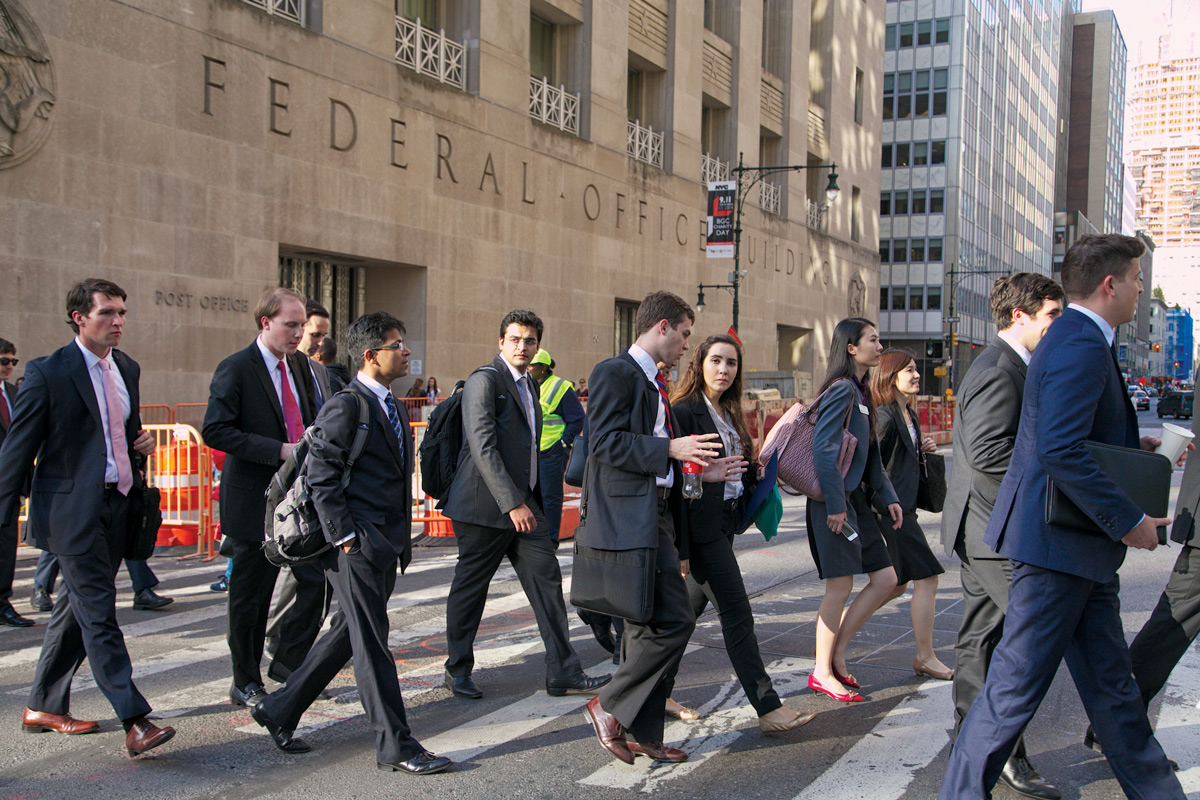

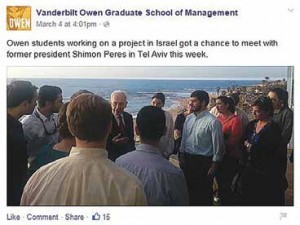
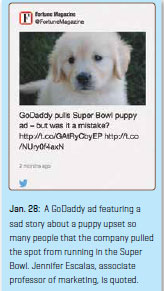
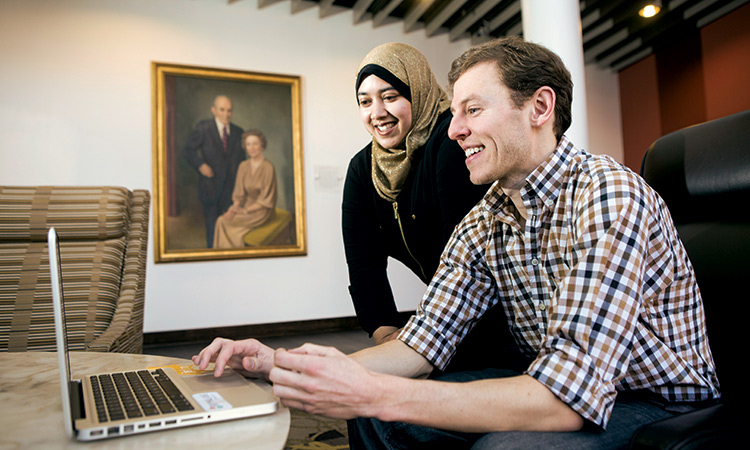






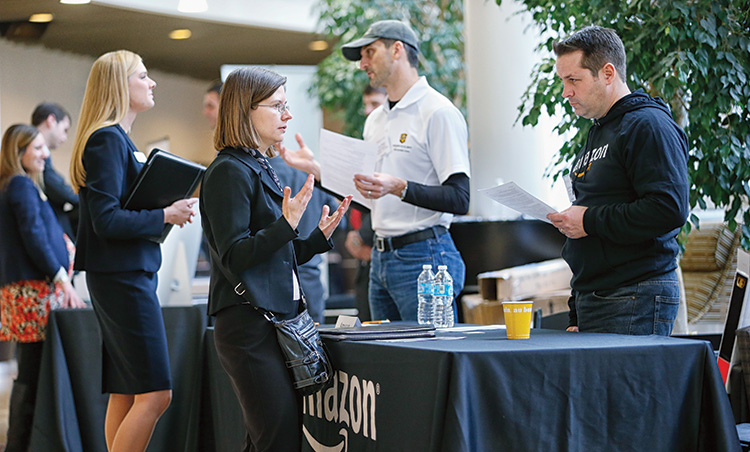





 Q. What do you do?
Q. What do you do?